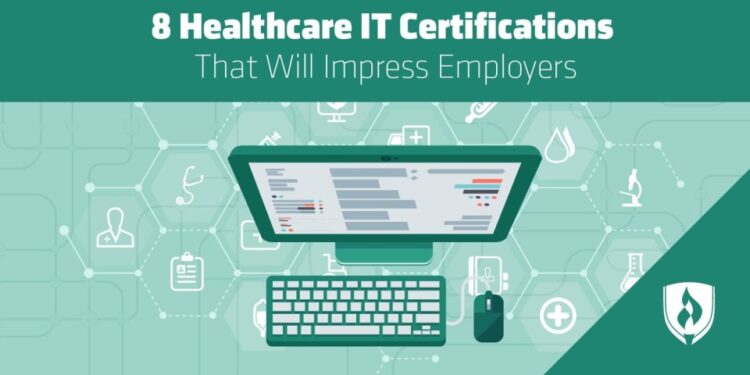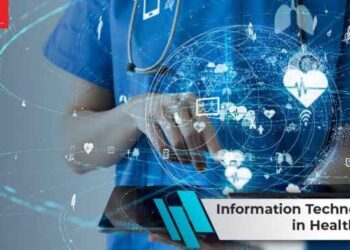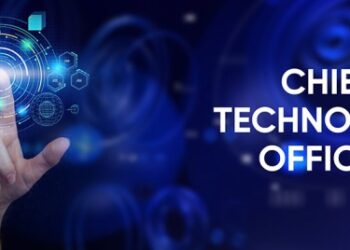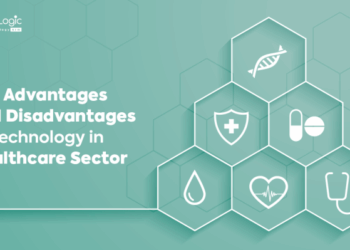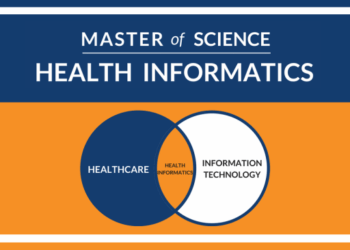Beginning with Best Degrees and Certifications in Health Information Technology, the narrative unfolds in a compelling and distinctive manner, drawing readers into a story that promises to be both engaging and uniquely memorable.
As we delve deeper into the realm of Health Information Technology, we uncover the essential aspects of degrees and certifications that pave the way for a successful career in this dynamic field.
Importance of Degrees in Health Information Technology
Earning a degree in Health Information Technology (HIT) is crucial for individuals looking to establish a successful career in the healthcare industry. With the increasing reliance on technology in the healthcare sector, professionals with specialized knowledge in managing health information are in high demand.
Types of Degrees in HIT
- Associate's Degree: Provides foundational knowledge in HIT and prepares students for entry-level positions.
- Bachelor's Degree: Offers a more in-depth understanding of HIT concepts and allows for career advancement opportunities.
- Master's Degree: Focuses on advanced topics in HIT, leadership skills, and research, suitable for those aiming for managerial or specialized roles.
- Doctoral Degree: Offers the highest level of expertise in HIT, ideal for those pursuing academic or research-oriented careers.
Career Opportunities with a Degree in HIT
Earning a degree in HIT opens up a wide range of career opportunities in various healthcare settings, including hospitals, clinics, insurance companies, and government agencies. Some common job roles for HIT graduates include:
- Health Information Technician
- Clinical Data Analyst
- Health Information Manager
- Healthcare IT Consultant
- Chief Information Officer (CIO)
Top Certifications in Health Information Technology
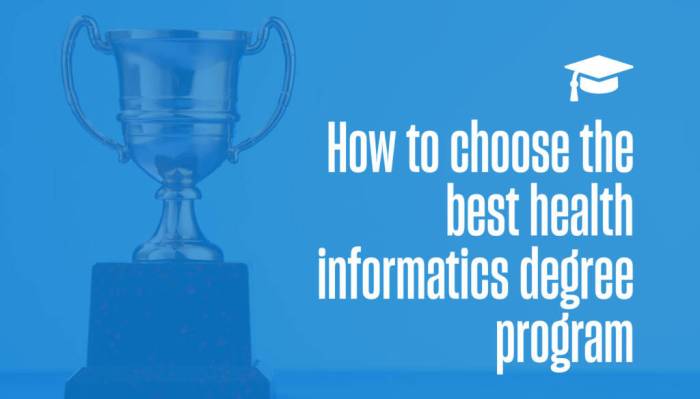
Certifications in Health Information Technology (HIT) play a crucial role in validating the knowledge and skills of professionals in the field. They can enhance career prospects, increase job opportunities, and demonstrate expertise in specific areas of HIT.
1. Certified Professional in Health Informatics (CPHI)
The CPHI certification is offered by the American Health Information Management Association (AHIMA) and focuses on advanced knowledge in health informatics. This certification demonstrates proficiency in areas such as data analytics, information governance, and interoperability.
2. Registered Health Information Administrator (RHIA)
The RHIA certification is also provided by AHIMA and is designed for professionals who manage patient health information and medical records. This certification validates knowledge in areas such as health data management, information technology, and privacy and security.
3. Certified Health Data Analyst (CHDA)
The CHDA certification, offered by AHIMA, is ideal for professionals specializing in data analysis and interpretation in healthcare settings. This certification demonstrates expertise in areas such as data management, statistical analysis, and data reporting.
4. Certified Professional in Healthcare Information and Management Systems (CPHIMS)
The CPHIMS certification, offered by the Healthcare Information and Management Systems Society (HIMSS), focuses on information and management systems in healthcare. This certification validates knowledge in areas such as healthcare technology, information systems, and project management.
5. Certified in Healthcare Privacy and Security (CHPS)
The CHPS certification, provided by AHIMA, is designed for professionals specializing in privacy and security of health information. This certification demonstrates expertise in areas such as data security, compliance, risk management, and information protection.Certifications in Health Information Technology not only enhance one's knowledge and skills but also boost credibility in the field.
Employers often look for certified professionals who have demonstrated their expertise through recognized certifications. By obtaining these certifications, professionals can stand out in a competitive job market and increase their earning potential in the healthcare industry.
Choosing the Right Degree Program
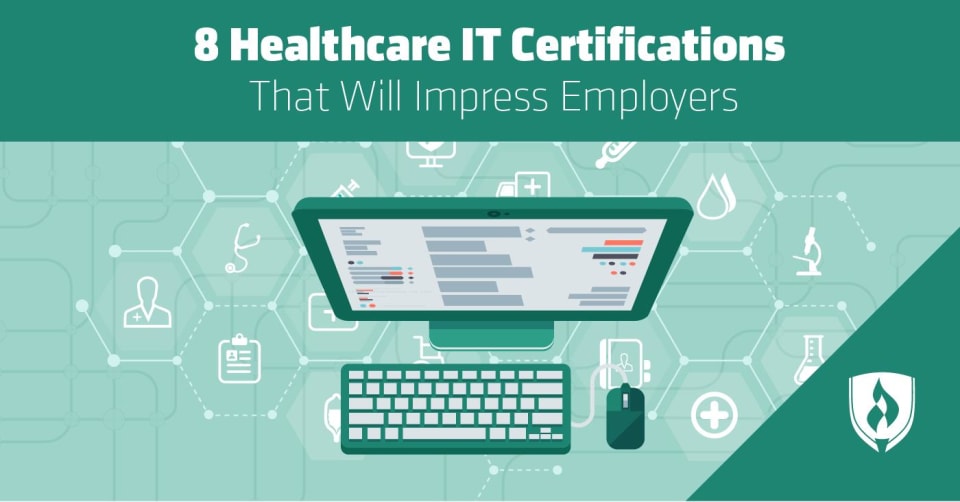
When considering a degree program in Health Information Technology (HIT), it is essential to make an informed decision based on various factors. Here are some tips to help you choose the best program for your career goals.
Key Factors to Consider
- Accreditation: Ensure that the program is accredited by the Commission on Accreditation for Health Informatics and Information Management Education (CAHIIM) to guarantee quality education and eligibility for certification exams.
- Curriculum: Look for a program that covers a wide range of topics relevant to HIT, such as electronic health records, data management, healthcare information systems, and healthcare laws and ethics.
- Faculty: Research the qualifications and experience of the faculty members to ensure they have expertise in the field and can provide valuable insights and guidance.
- Internship Opportunities: Check if the program offers internship or practical training opportunities to gain hands-on experience in real healthcare settings.
- Career Services: Consider programs that provide career services, such as job placement assistance, resume building, and networking opportunities to help you secure employment after graduation.
Online vs. On-Campus Options
When deciding between online and on-campus degree programs in HIT, it is essential to weigh the pros and cons of each option.
| Online Programs | On-Campus Programs |
|---|---|
| - Flexibility to study at your own pace and schedule. | - Face-to-face interaction with professors and peers for networking and collaborative learning. |
| - Ideal for working professionals or individuals with busy schedules. | - Access to campus facilities, resources, and extracurricular activities. |
| - Requires self-discipline and time management skills for successful completion. | - Structured learning environment with consistent class schedules and assignments. |
| - May lack in-person support and hands-on training opportunities. | - Immediate feedback from instructors and real-time discussions during lectures. |
Career Paths with a Degree or Certification in HIT
Health Information Technology (HIT) professionals have a wide range of career opportunities available to them. With the increasing digitization of healthcare records and the emphasis on data privacy and security, the demand for HIT experts continues to grow.
Health Information Manager
Health Information Managers are responsible for maintaining and securing patient medical records. They ensure that all information is accurate, accessible, and in compliance with regulations. These professionals play a crucial role in healthcare organizations by managing electronic health records (EHRs) and overseeing data quality.
Clinical Analyst
- Collect and analyze healthcare data to improve patient care and outcomes.
- Work closely with healthcare providers to implement new technologies and systems.
- Identify trends and patterns in data to help organizations make informed decisions.
Health Informatics Specialist
- Design, implement, and maintain health information systems.
- Ensure the security and confidentiality of patient data.
- Train healthcare staff on how to use electronic health record systems effectively.
Compliance Officer
- Ensure that healthcare organizations comply with regulations related to patient privacy and data security.
- Conduct audits and investigations to identify areas of non-compliance.
- Develop and implement policies and procedures to mitigate risks and ensure compliance.
Health IT Consultant
- Provide expert advice on implementing and optimizing health information systems.
- Assist healthcare organizations in selecting and integrating technology solutions.
- Offer strategic guidance on leveraging data analytics for improved patient care.
Industry Trends and Technologies
In the ever-evolving field of Health Information Technology (HIT), staying abreast of the latest industry trends and technologies is crucial to success. This sector is constantly influenced by advancements in technology, regulations, and patient care practices, making it imperative for professionals to adapt and innovate.
Artificial Intelligence and Machine Learning
Artificial Intelligence (AI) and Machine Learning (ML) are revolutionizing the way healthcare data is managed and utilized. These technologies can analyze large volumes of data to identify patterns, predict outcomes, and streamline processes. For example, AI-powered algorithms can assist in diagnosing diseases, personalizing treatment plans, and improving patient outcomes.
Blockchain Technology
Blockchain technology is gaining traction in the healthcare industry due to its ability to secure and streamline data sharing. By creating a decentralized and tamper-proof system, blockchain ensures the integrity and privacy of health information. This technology is being used for secure medical record storage, interoperability between healthcare providers, and tracking the supply chain of pharmaceuticals.
Telemedicine and Remote Patient Monitoring
Telemedicine and Remote Patient Monitoring (RPM) have become essential tools in the HIT industry, especially in light of the COVID-19 pandemic. These technologies allow healthcare providers to deliver care remotely, monitor patients' vital signs and health metrics, and facilitate virtual consultations.
This shift towards telehealth services is reshaping the way healthcare is delivered and accessed.
Internet of Things (IoT) Devices
The Internet of Things (IoT) has enabled the integration of various devices and sensors into healthcare systems, creating a network of interconnected tools that can collect and transmit data in real-time. IoT devices such as wearable fitness trackers, smart medical devices, and remote monitoring tools are being used to gather valuable health information and improve patient outcomes.
Closure
Wrapping up our exploration of Best Degrees and Certifications in Health Information Technology, we have navigated through the intricacies of this industry, shedding light on the paths to professional growth and excellence.
Key Questions Answered
What are the benefits of earning a degree in Health Information Technology?
Earning a degree in HIT provides in-depth knowledge, enhances career opportunities, and opens doors to a variety of specialized roles in the healthcare industry.
How do certifications in HIT boost credibility?
Certifications demonstrate a professional's expertise and commitment to staying current with industry standards, showcasing credibility to employers and peers.
What factors should be considered when choosing a degree program in HIT?
Key factors include accreditation, curriculum relevance, faculty expertise, flexibility of program delivery, and opportunities for practical experience.
Can online degree programs in HIT be as effective as on-campus options?
Online degree programs can be equally effective if they are accredited, well-structured, and provide ample opportunities for interaction and hands-on learning.
What are some emerging technologies shaping the HIT industry?
Artificial intelligence, blockchain, telemedicine, and data analytics are some of the innovative technologies revolutionizing the field of Health Information Technology.

